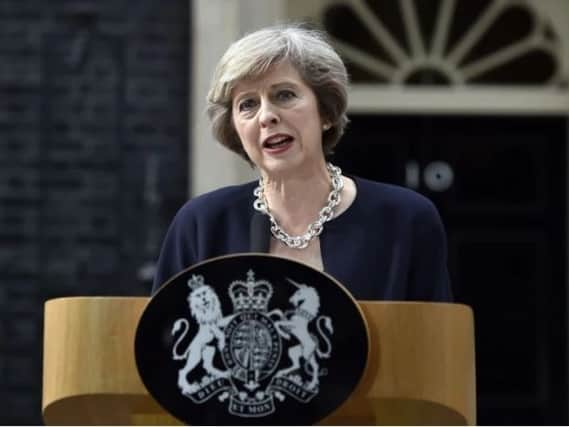The Yorkshire Post says: The glacial change of Brexit needs speeding up - fast


While there are signs that the concession that Britain will continue to pay into EU coffers until 2021 has helped improve what was becoming an increasingly-tense atmosphere in negotiations with Brussels, it is yet to have proved the key in providing the breakthrough to allow trade talks to begin in the way the Prime Minister had been hoping.
It also appears to have failed to result in any significant concessions from the EU on its key negotiating positions.
Advertisement
Hide AdAdvertisement
Hide AdBrexit Secretary David Davis said “important progress” has now been made in the latest round of talks, while his EU counterpart Michel Barnier spoke of the “good dynamic” created by Mrs May’s speech and “constructive” discussions.
But Mr Barnier continues to insist more work is needed on settling what the EU calls Britain’s “orderly withdrawal” before moving into the vital next phase of negotiations, covering how Britain and the remaining 27 members of the union will trade in future.
The thorny issue of Britain’s so-called “divorce bill” is yet to be agreed, while differences still remain on the future rights of EU citizens living in the UK, which Brussels insist should involve “an indispensable role” for the European Court of Justice. It has been painstakingly slow progress so far. But with the clock rapidly ticking towards Brexit, giant strides will soon be needed for the economic good of both sides.